Political violence rises
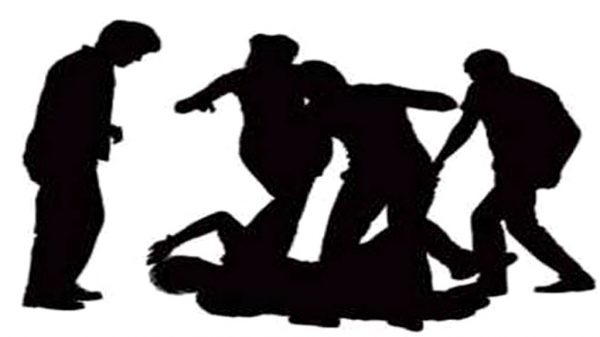
Shawdesh Desk:
Political violence in Bangladesh rises again with nine more people killed in November against four killings in October.
The killings from the political violence came down in October as 16 deaths were reported in September, a month after the fall of Awami League regime amid a student-led mass uprising on August 5.
The Professor Muhammad Yunus-led interim government took over on August 8 following the ouster of Sheikh Hasina and her flight to India amid student-people uprising on August 5.
At least nine people were killed and 408 others injured in political violence in November while four people were killed and 360 injured in October, according to rights organisation Ain o Salish Kendra.
Political scientists and leaders, however, blamed the culture of corruption, grabbing, dominance and looting behind the violence.
They said that political uncertainty was one of the major reasons behind the clashes.
ASK recorded 38 incidents of political violence each in October and November while more than half of the clashes took place between groups of the Bangladesh Nationalist Party.
Of the nine deaths in November, four people were killed in BNP internal clashes, one was killed in a clash between the BNP and its youth body Jatiyatabadi Juba Dal and one was killed in a internal clash of its student body Jatiyatabadi Chhatra Dal.
ASK data showed that 15 were killed in August during and after the student-people uprising, three killed in July, eight killed in June, six in May, four killed in April, two killed in March, one killed in February and 20 killed in January when the 12th Parliamentary elections were held.
In the latest incident, at least 10 people were injured in a clash between two factions of the BNP in Village Char Dumuria at Munshiganj Sadar on December 21.
Five of the injured –– Jarina Begum, Didar Miah, Amena Begum, Apu Kha and Ibrahim Kha –– sustained bullet injuries and were admitted to hospitals in Dhaka and Munshiganj.
On December 9, a former upazila-level Chhatra Dal leader was killed, and five others were injured in a clash between two factions of the BNP-backed student body Jatiyatabadi Chhatra Dal at Ghior upazila health complex in Manikganj.
The deceased Lavlu Mia, 40, was former Ghior upazila unit JCD general secretary.
BNP standing committee member Gayeshwar Chandra Roy told New Age that internal clash was a common matter in a big political party like the BNP.
‘BNP factional clashes take place in absence of Awami League in the political field and many BNP leaders are trying to be candidates in the next general election resulting in internal conflict and clashes at places,’ he said.
He hoped that the incidents of clashes would come down after the announcement of the election schedule.
Gayeshwar claimed that the BNP was now in a hardline against any kind of criminal activities and perpetrators of such acts were being punished and would be punished in the coming days.
Former Communist Party of Bangladesh president Mujahidul Islam Selim said that political uncertainty and criminal tendency among the political parties lead to incidents of violence.
Former Jahangirnagar University government and politics professor Dilara Choudhury observed that corruption and looting became tools of the political parties to create fortune.
‘There is a competition among the political leaders and activists to establish dominance for financial gains,’ she added.
She observed that the central BNP was losing control over the grassroots and the deposed Awami League had also faced similar problems when the party was in power.
Dhaka University political science professor Tasneem Arefa Siddiqui said that the culture of electing leaders considering dominance in locality should be stopped to curb political violence.


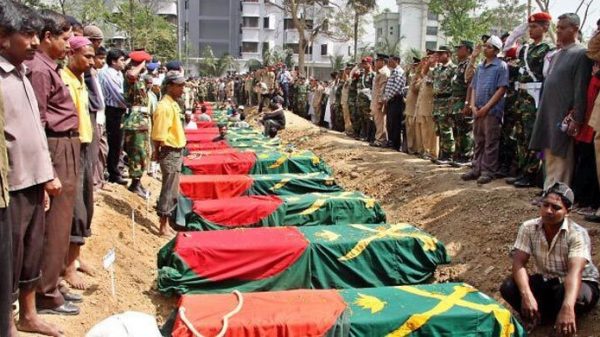
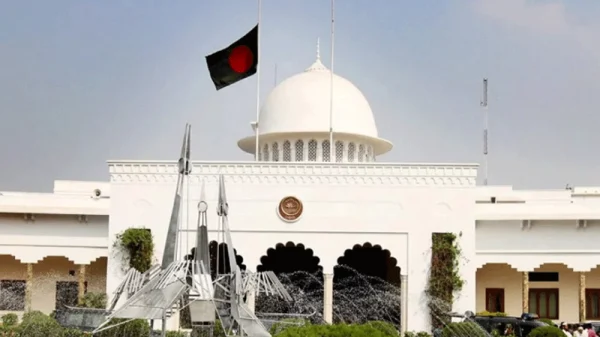
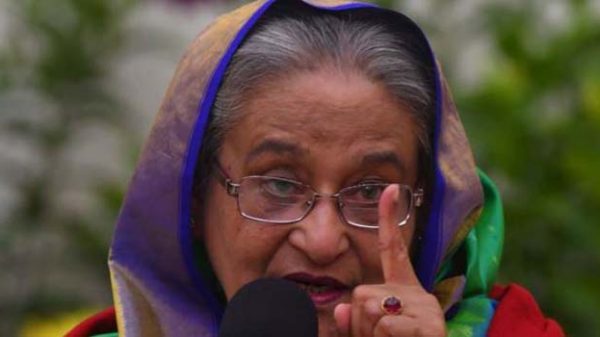
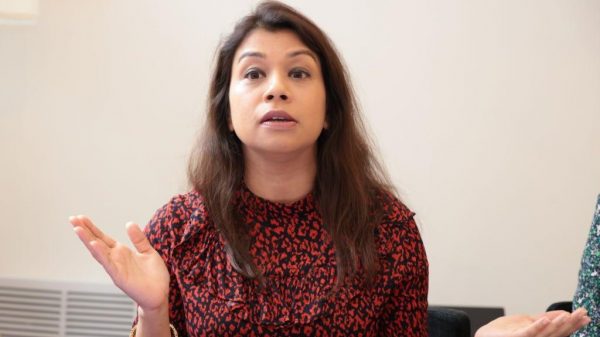
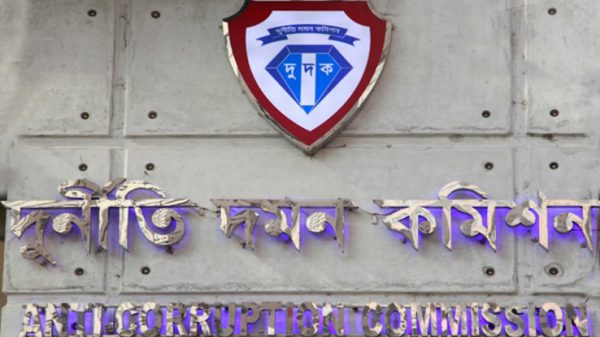
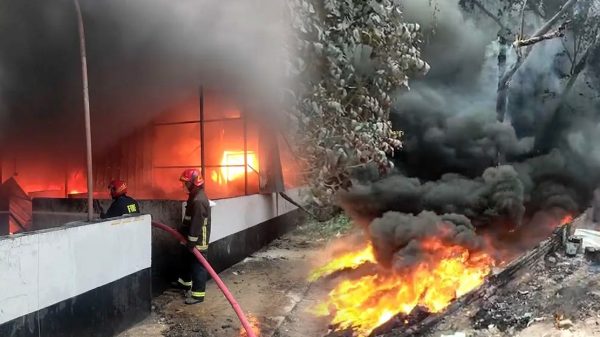
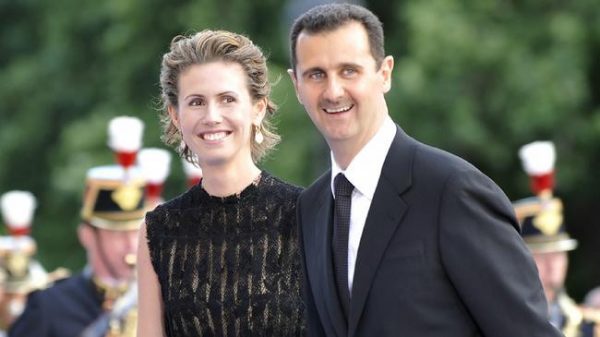
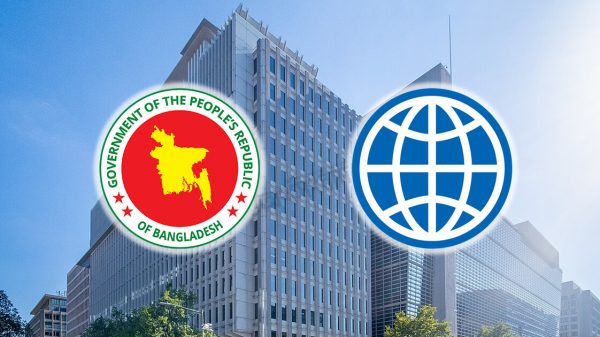
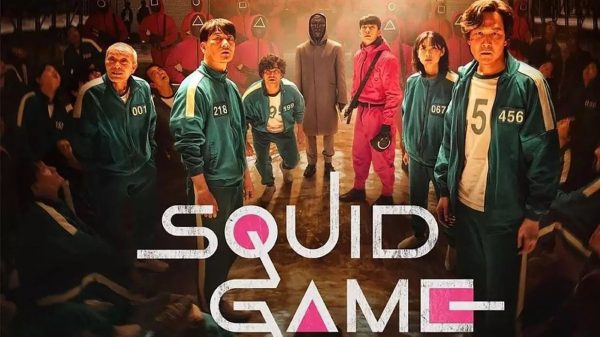
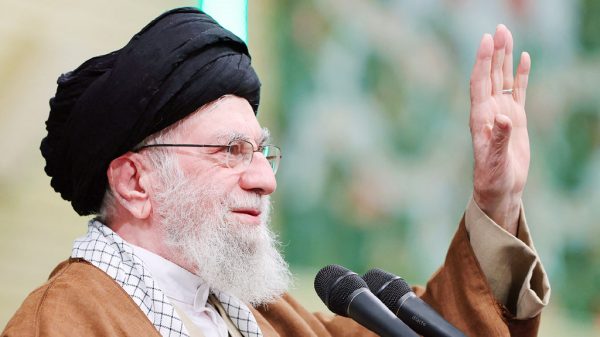
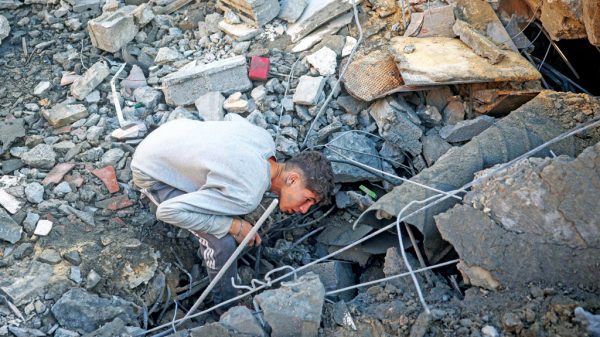












Leave a Reply